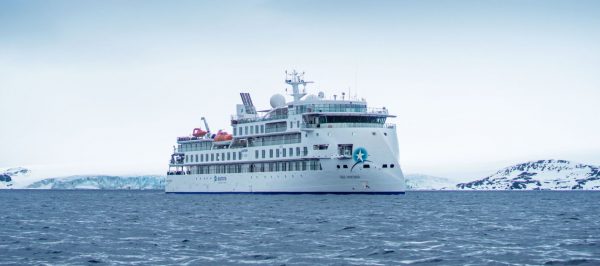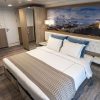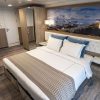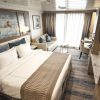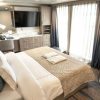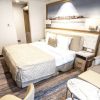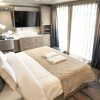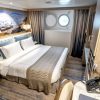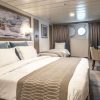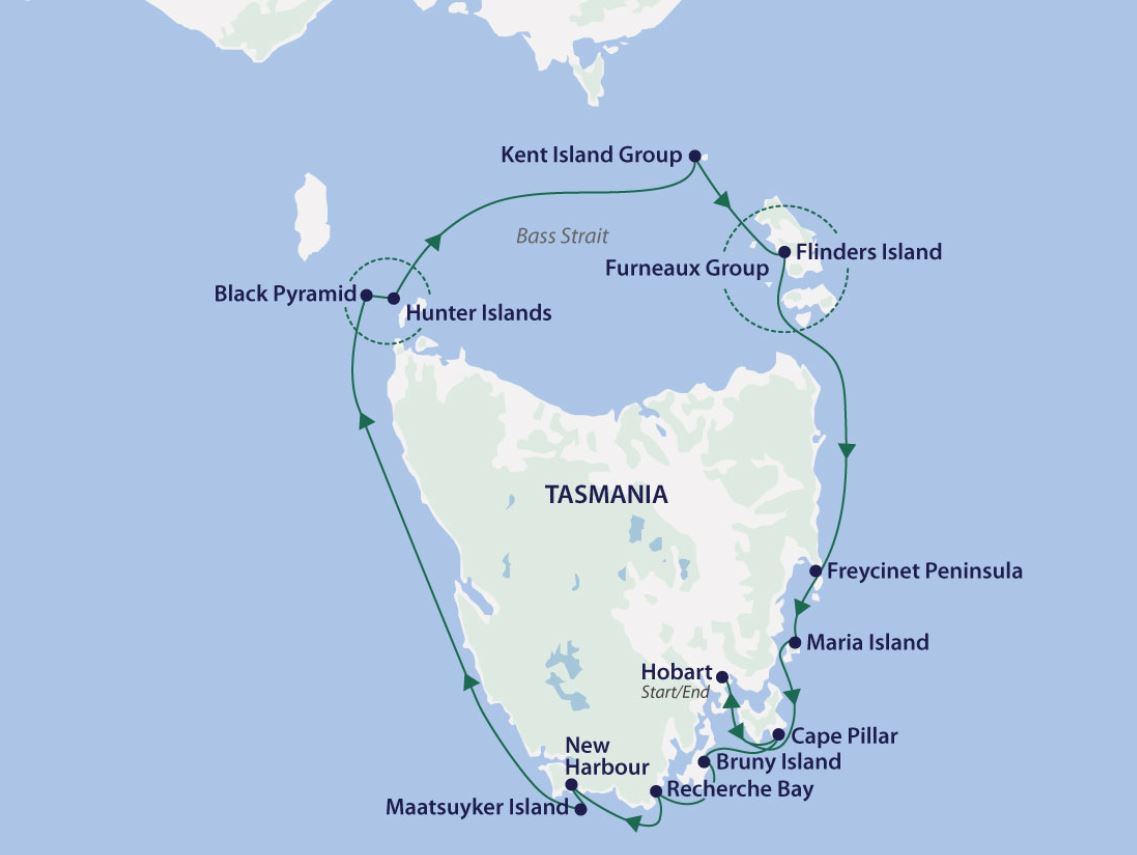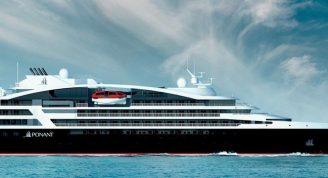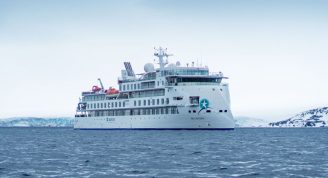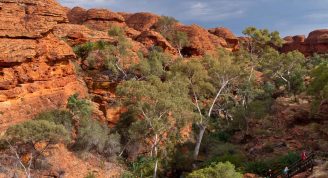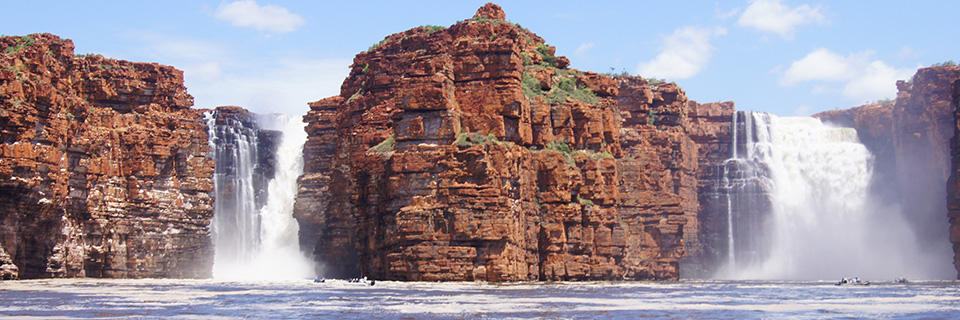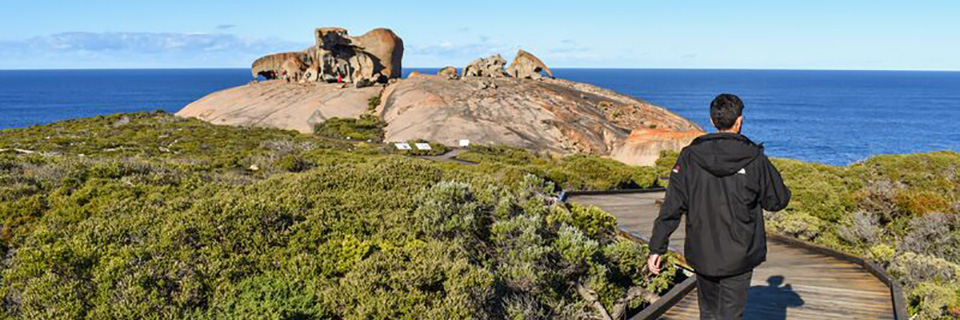Description
Revel in the opportunity to tread some of Tasmania’s greatest coastal tracks while you circumnavigate this island state by sea. Land on remote pristine beaches; trek through coastal heath, buttongrass moorlands, lush temperate rainforests and tall eucalypt woodlands; and drink in the stunning vistas from towering dolerite peaks. Explore islands whose only permanent inhabitants include Bennett’s wallabies, wombats, potoroos, possums and pademelons. Cruise the wild, storm-swept coastlines and sheltered, shimmering bays. Experience a variety of trekking treasures on Bruny, Flinders and Maria Islands. Delight in the raucousness of an Australian fur seal colony’s rocky haul-out on the Hunter Islands; the gregariousness of the gannets at Pedra Branca; and the majesty of a soaring shy albatross in the skies above Mewstone. Create and collate a treasured suite of memories – on foot or by sea – with extraordinary adventures on offer each day.
This expedition is subject to regulatory approval and only open to Australian residents.


